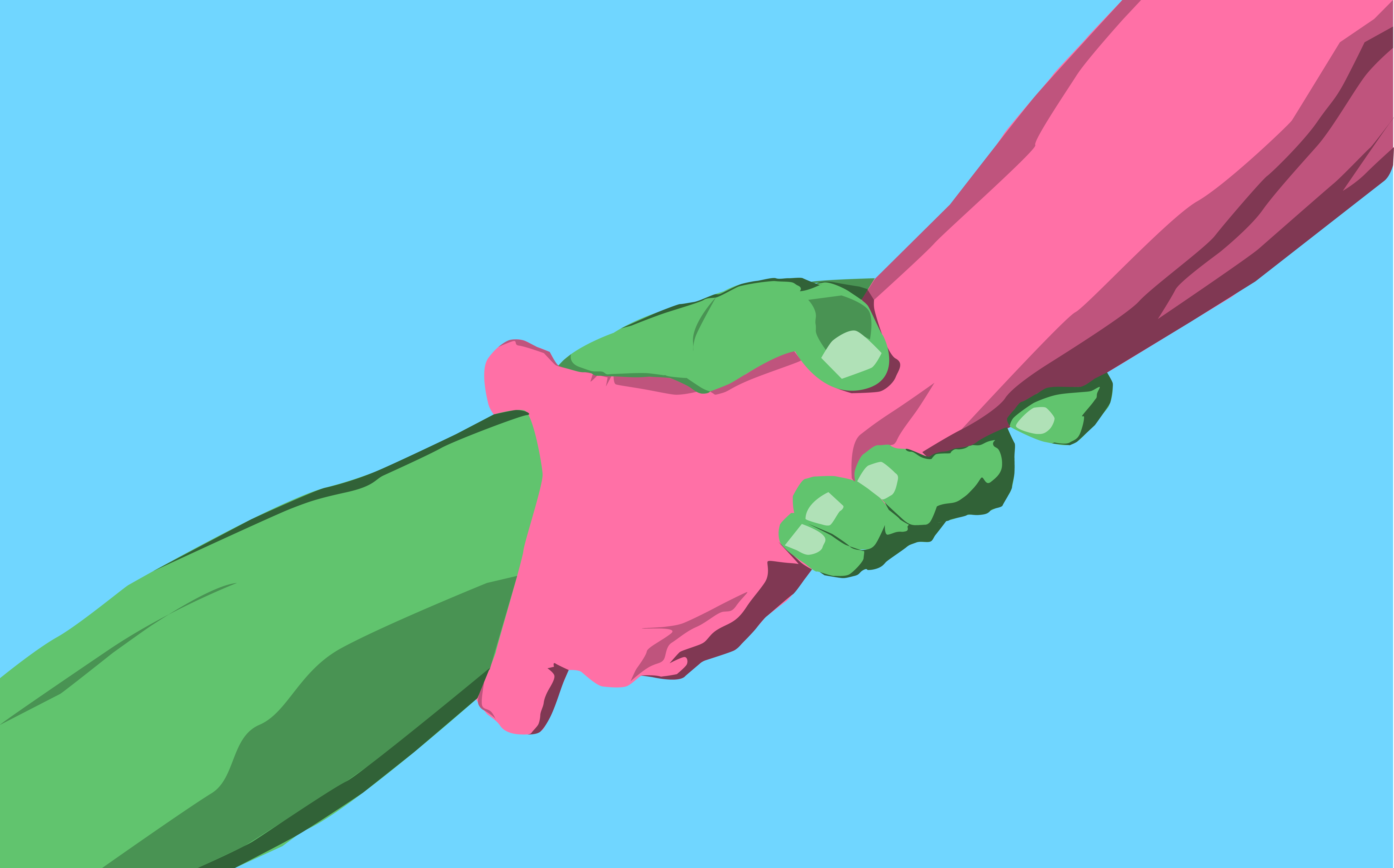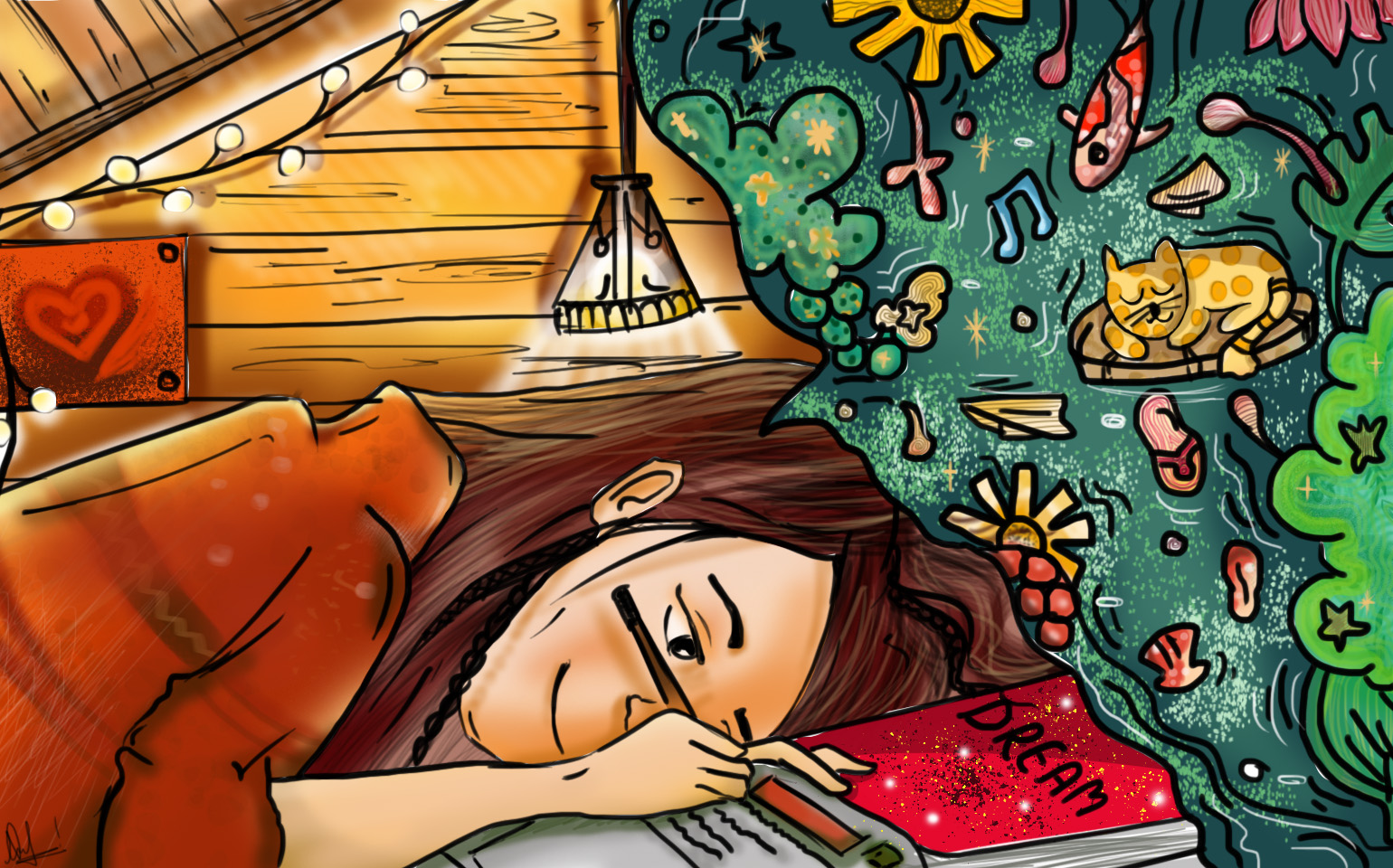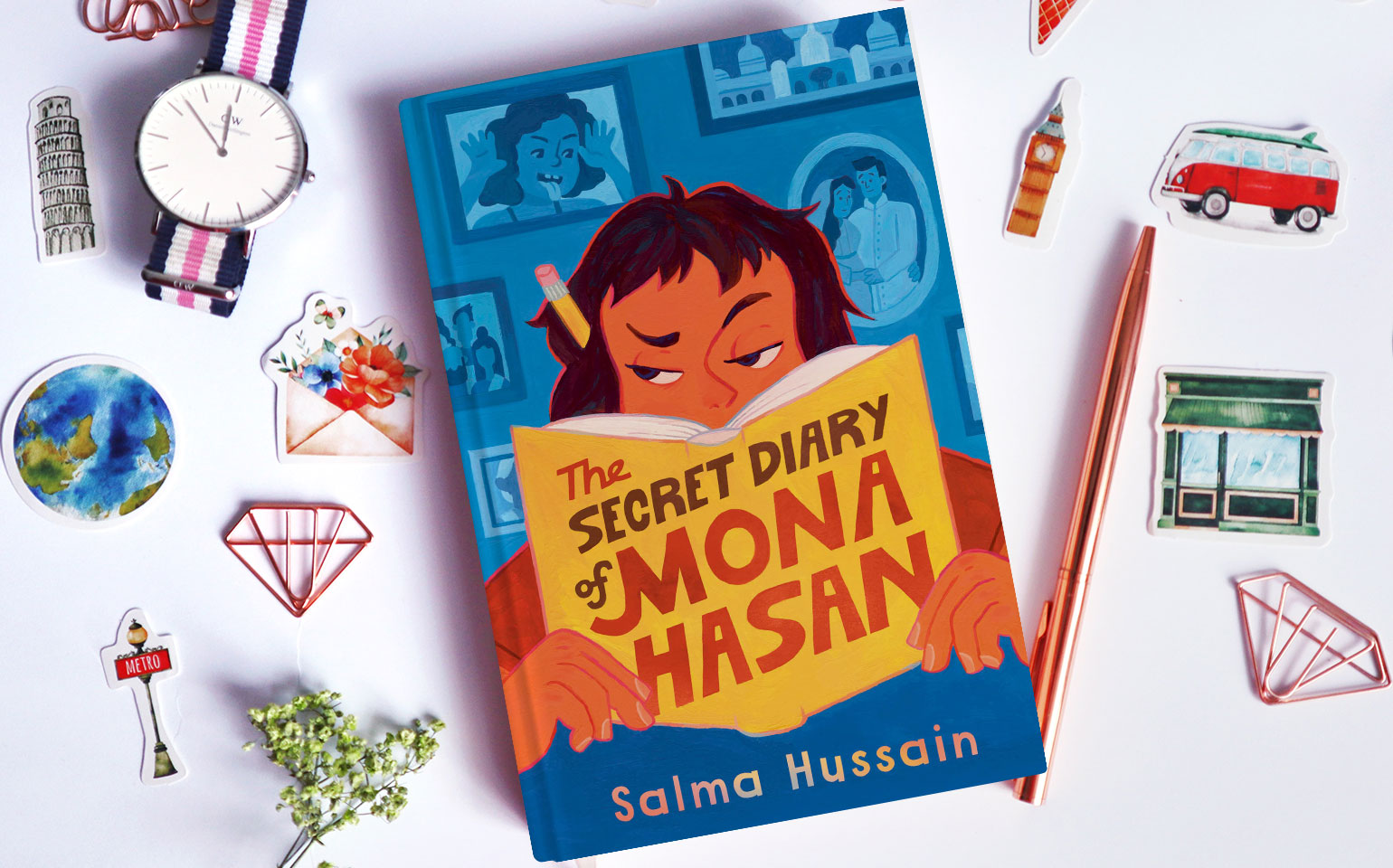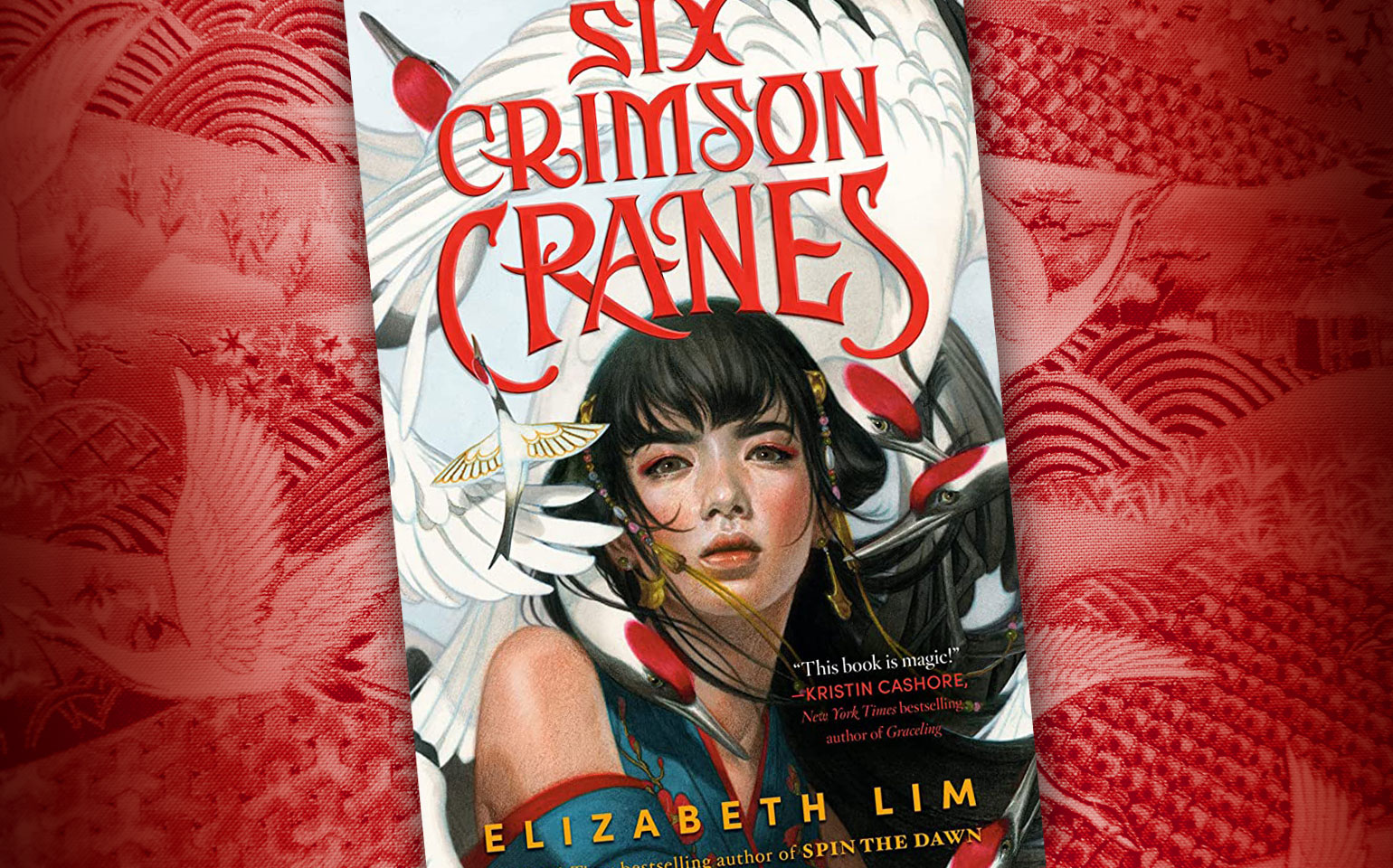A Helping Hand: The Key to Better Writing
In the summer of 2020, I began writing a story. I didn’t finish it. Looking at the story now, three years later, I can spot the holes and errors more clearly, but I can also see that it wasn’t a terrible idea for a kid in grade five. Yet, I couldn’t write more than the first half of the story. However, the first novel-length book I completed, a spin-off of another story I wrote a few years ago, was also started that summer. At first, neither of the stories had particularly well-developed plots, and the characters were given an uneven amount of screen time. But what I can surely say is that the second story, the one I finished writing, was definitely an improvement.
The secret? The first story was one that I wrote completely on my own. I conceived the idea alone and wrote it all the way to its unintended open ending by myself. On the other hand, the second story was a collaborative work — I wrote it in tandem with two friends.
Both of these friends also have had difficulty finishing stories they’d started. But somehow, when we came together to write this work, we managed to not only complete it but create a story that wasn’t too shabby.
We made the plot together, and though it was rather lackluster and boring, it still made sense. When I handed my characters to my friends to write, their perceptions of them and their writing styles would flesh the characters out. Without thinking, we’d correct each other’s minor writing mistakes. Typos and grammar errors that we would have overlooked were cleared up.
Before I started writing with my friends, I would keep stories to myself. Yet, I’ve realized I often fall into a cycle. I start a story with a sudden burst of inspiration, but the idea is never planned well enough to go anywhere. In a few weeks, even a few days, my creativity would die out. I’d stop the story after a chapter or two before moving the document to the trash.
Now, though, after writing that story with my friends, I’ve grown accustomed to a bit of aid.
While it’s true I don’t co-write often, my friends are still a huge part of my stories — and it really has helped make my writing become a lot better.
One thing I’ve noticed is that I’ll often write or mull over one concept for so long that I become numb to it. I fail to spot obvious fallacies in the logic. I forget about other characters in the scene. Sometimes the writing just doesn’t sound good. I think this is something a lot of writers can relate to as well. My first thought used to be to just sleep on it.
But if I send my story to my friend, that’s a fresh pair of eyes. With their clear head and more objective viewpoint, they can give me an honest opinion and point out problems just like they did before. During that summer, I sent my documents to my friends, and they caught all the small issues, like grammar slip-ups, incomprehensible paragraphs, and run-on sentences. From my experience, working with my friends is both a more efficient and more fun way to solve any problem I have while writing my stories.
Even before I start a scene or write a character, a friend can help me plan. If I’m having trouble figuring out a main character’s personality or appearance, I’ll text my friends to get their views. For example, Yaoyao, a character from my new story, owes a lot of his depth to someone else: my friend who asked me questions about him and offered her thoughts on his vibe. The questions forced me to consider parts of my character’s history and his role in the story. Meanwhile, I took some of my friend’s suggestions and left others behind. Yaoyao now has many more traits, big and small, that make him a lot more real.
The most vital reason why I think we finished that book, though? I don’t think it was just the fact that our story was a lot more sound. The writing quality was better, yes, but that wasn’t it, either. It wasn’t even the variety of viewpoints that brought it together. The real key to finishing an amazing story is having friends there for encouragement.
When I’m the writer, my friend will always express an interest in my story. I’ll sometimes get frustrated, realize that something doesn’t make any sense, and text her furiously. But she’ll do her best to lift my spirits. Sometimes I’ll be on the sidelines instead, cheerleading my friend through her own story. I get incredibly invested in the tale myself like a reader reading a real-life novel. Who wants a book they’re invested in to end in the middle? I’ll always be available to motivate my friend to keep going — just like my friends do for me.
Though an editor has the job of pointing out mistakes to improve a story, my friends are still always my friends first. Even if my story still isn’t top-notch, friends will comfort me first and tend to the story later.
They’re a safety net to fall back onto, and they try to lift my spirits until I’m ready to keep writing. Yet, if I decide that I really can’t finish the story — it just doesn’t bring me joy anymore, which happens every now and then — friends will always respect my decision.
They’ll be there for when the next story comes. With that helping hand available, I’ll have one more reason to finish my book after I start.




